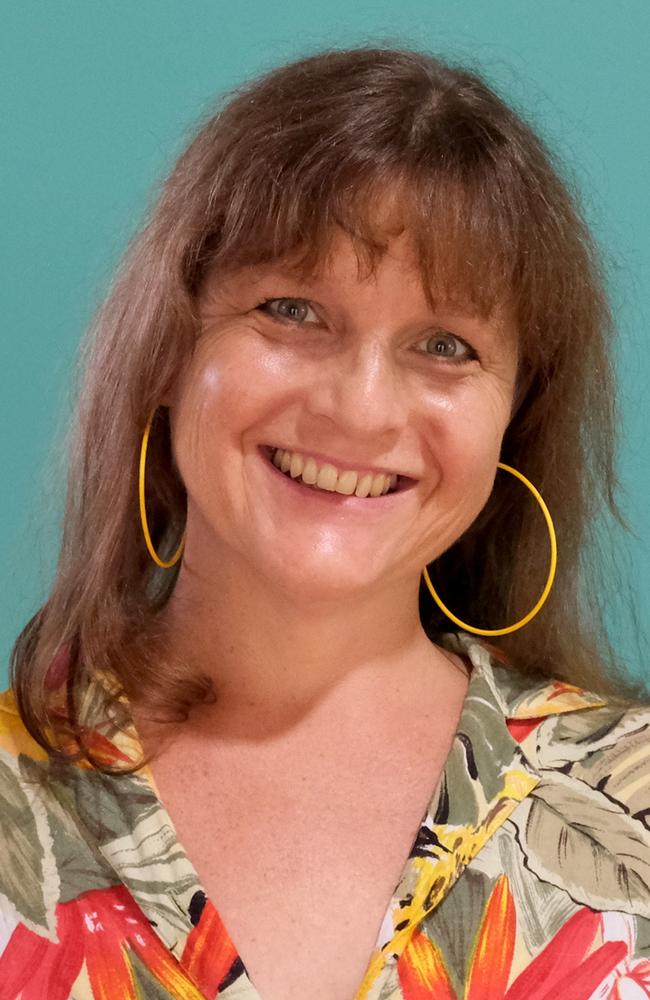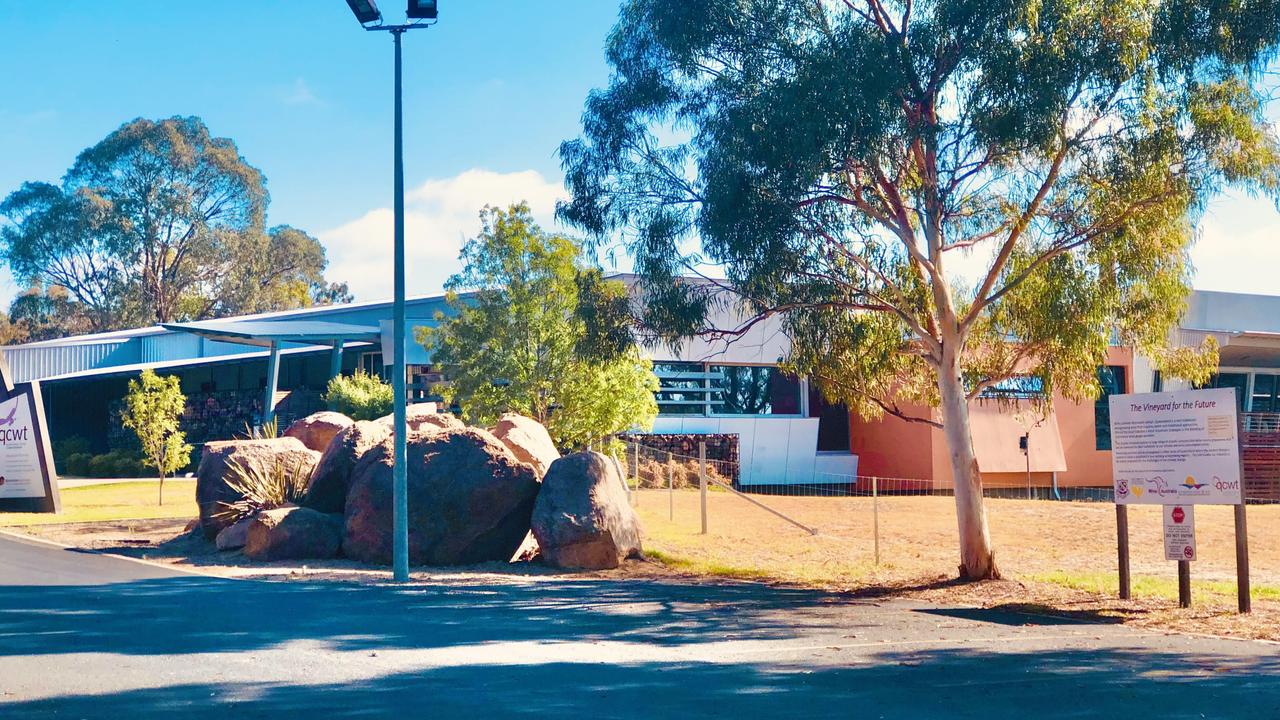Bonnie Hart of UniSQ part of grant researcher to build more understanding of IVSC
With her own lived experience of being an intersex woman and as an advocate for others, a UniSQ researcher is breaking new ground in a $5 million research grant to build care models to fit the needs of people with innate variations in sex characteristics (IVSC).

Education
Don't miss out on the headlines from Education. Followed categories will be added to My News.
The journey of learning empowerment through her body has led Bonnie Hart, 45, to become one of the researchers contributing to groundbreaking models of care for people with innate variations in sex characteristics (IVSC) – also known as intersex.
As an intersex woman Ms Hart - a University of Southern Queensland researcher - said she received medical interventions as a child to make her sex characteristics more female and her family did not have the support or the follow up care needed.
“The needs of individuals and families are really under resourced and neglected so people often aren’t able to connect with knowledgeable and ongoing support,” she said.
“They might struggle to find a mental health practitioner that has some fundamental knowledge about what intersex is.
“There’s a stigma that produces a culture of silence and shame around these bodily differences but also receiving those medical treatments is stigmatising as well,” Ms Hart said.

For the past 15 years she has worked to change that, taking on many social, academic and advocacy roles to build a foundation of networks and language for more than 40 intersex variations which could express and present anytime from birth to adulthood.
The work has paid off, with $5 million from the Medical Research Future Fund which in part will go towards developing clinical and peer-led care models such as InterLink, a psychosocial peer-led service started by Ms Hart.
Ms Hart said different levels of support and care are needed throughout life – from birth, adolescence and adulthood – making understanding the needs and support for individuals diverse.
“There’s a big lack of comprehension by service providers, both in mainstream services, but also in LGBT settings as well,” she said.
“Trans is fundamentally about people’s gender identity not being in alignment with the sex that they were assigned at birth, whereas intersex is about fundamentally innate variations in people’s sex characteristics, like our hormones, chromosomes, reproductive anatomy that differ from medical or social norms around male or female bodies.”
This means different support is given from helping parents with a newborn, to children and their families going through puberty and adolescence, to adults having to learn to take control of their own healthcare, or understand health effects from what medical intervention they had when they were a child.
Even the data of how many have IVSC is contested, with most statistics sitting at 1.7 per cent, Ms Hart said it can vary between .5 per cent up to 4 per cent.
“Frameworks of understanding of what intersex is have prohibited research of the population that is meaningful,” she said.
“This is one of the reasons why having research like this led by people with lived experience is really helpful because we know the language, we know how to connect with community and how to access their expectation and sentiment.”
The research is led by the University of Sydney and is a collaboration of various social and academic institutions including Toowoomba’s UniSQ and includes a national survey to assess the needs of people with IVSC, and the development of bioethical frameworks in their models of care.
For more information over current intersex services see www.ilink.net.au








